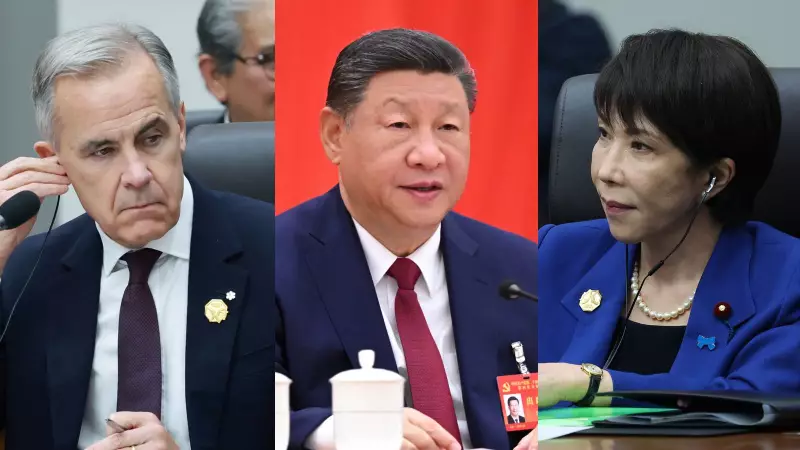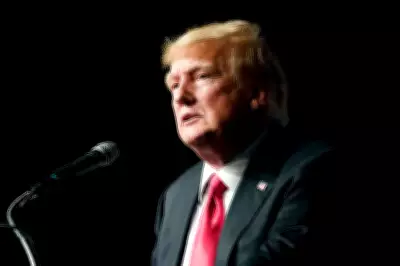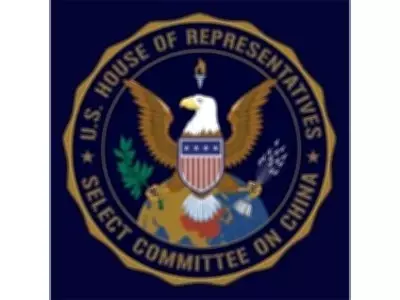
In a significant diplomatic push following the temporary trade truce with the United States, Chinese President Xi Jinping engaged in crucial bilateral discussions with Japanese Prime Minister Fumio Kishida and Canadian Prime Minister Justin Trudeau during the G20 summit. These high-stakes meetings come at a pivotal moment in global trade relations.
Post-Trade Truce Diplomatic Maneuvering
The conversations unfolded against the backdrop of the recently announced pause in trade tensions between Washington and Beijing. President Xi's simultaneous engagement with key US allies signals China's strategic approach to strengthening its international position beyond the American relationship.
Japan-China Relations: Thawing the Ice
The meeting with Prime Minister Kishida represented a notable step in mending Sino-Japanese relations, which have faced numerous challenges in recent years. Both leaders emphasized the importance of stable bilateral ties and explored avenues for enhanced economic cooperation.
Key discussion points included:
- Economic partnership opportunities in technology and infrastructure
- Regional security concerns in the Asia-Pacific
- Cultural exchange programs to strengthen people-to-people connections
- Collaboration on climate change initiatives
Canada-China Dialogue: Navigating Complex Waters
The exchange with Prime Minister Trudeau addressed the multifaceted Canada-China relationship, which has experienced significant strain in recent times. Both leaders acknowledged the need for constructive engagement while addressing outstanding bilateral issues.
"The discussions reflected the complexity of modern international relations," observed a diplomatic source familiar with the proceedings. "Each meeting carried its own strategic importance in the broader geopolitical chessboard."
Strategic Implications for Asian Diplomacy
President Xi's diplomatic outreach demonstrates China's commitment to maintaining multiple channels of international engagement. The simultaneous discussions with two important US allies highlight Beijing's strategy of diversifying its diplomatic partnerships amid ongoing global economic uncertainties.
The outcomes of these meetings are expected to influence:
- Regional trade dynamics in the Asia-Pacific
- Future multilateral cooperation frameworks
- Investment patterns across key sectors
- Diplomatic alignment on global issues
As the world watches these diplomatic developments unfold, the G20 summit continues to serve as a critical platform for shaping the future of international economic and political cooperation. The ripple effects of these high-level discussions are likely to be felt across global markets and diplomatic circles in the coming months.





